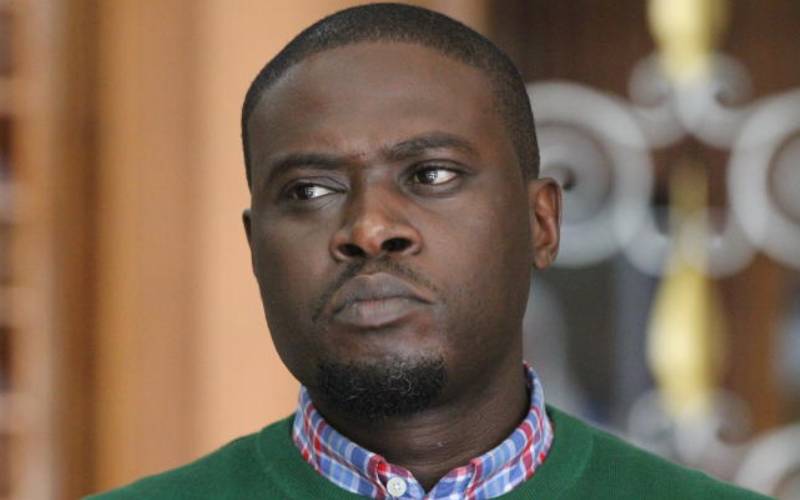×
The Standard e-Paper
Join Thousands Daily

In the wake of rejections by IEBC of some presidential and gubernatorial candidates on the basis of lack of or doubtful university qualifications, a number of Kenyans have formed the opinion that university education is overrated.
Their argument is that leadership is inborn and has nothing to do with formal education, especially of the certificated type.